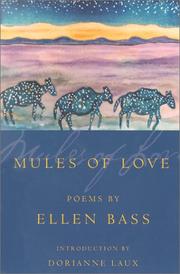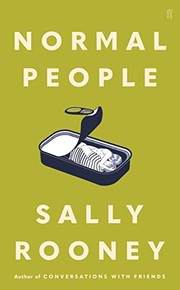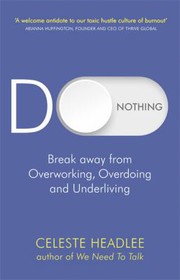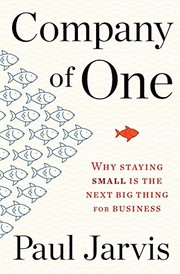“Bring me your pain, love. Spread it out like fine rugs, silk sashes, warm eggs, cinnamon and cloves in burlap sacks.”—Ellen Bass, Mules of love. Highlighted
“And when he’s dying— even if I go to him—I’ll be little more than a dumb bouquet, spilling my scent.”—Ellen Bass, Mules of love. Highlighted
“I lean into this stranger, seeking primitive comfort— heat, touch, breath—as we slip into the ancient vulnerability of sleep.”—Ellen Bass, Mules of love. Highlighted
“Those who can, cling to their mates, an ear pressed to those neighboring lungs like a stethoscope, hoping to catch a ride on the steady sleep breath of the other, to be carried like a seed on the body of the one who is able.”—Ellen Bass, Mules of love. Highlighted
“If people appeared to behave pointlessly in grief, it was only because human life was pointless, and this was the truth that grief revealed.”—Sally Rooney, Normal People. Highlighted
“When time is money, idle hours are a waste of money. This is the philosophical underpinning of all our modern stress: that time is too valuable to waste. We don’t pass time, we spend it. It’s no wonder that we don’t really have pastimes anymore.”—Celeste Headlee, Do Nothing. Highlighted
“We work long hours in order to make more money, not realizing that once we’ve met our fundamental needs, it is leisure time that increases happiness, not necessarily extra cash.”—Celeste Headlee, Do Nothing. Highlighted
“The key to well-being is shared humanity, even though we are pushing further and further toward separation.”—Celeste Headlee, Do Nothing. Highlighted
“When you have fewer hours available to you, you automatically focus on the task at hand and ignore what’s irrelevant. The quality of your work goes up as the allotted hours go down, so you can often accomplish more in four hours than in five.”—Celeste Headlee, Do Nothing. Highlighted
“If you’re a company of one, your mind-set is to build your business around your life, not the other way around.”—Paul Jarvis, Company of One. Highlighted
“The best marketing is never just about selling a product or service, but about taking a stand—showing an audience why they should believe in what you’re marketing enough to want it at any cost, simply because they agree with what you’re doing.”—Paul Jarvis, Company of One. Highlighted
“Determining what is enough is different for everyone. Enough is the antithesis of growth. Enough is the true north of building a company of one, and the opposite of the current paradigm promoting entrepreneurship, growth-hacking, and a startup culture.”—Paul Jarvis, Company of One. Highlighted
Page 4 of 15